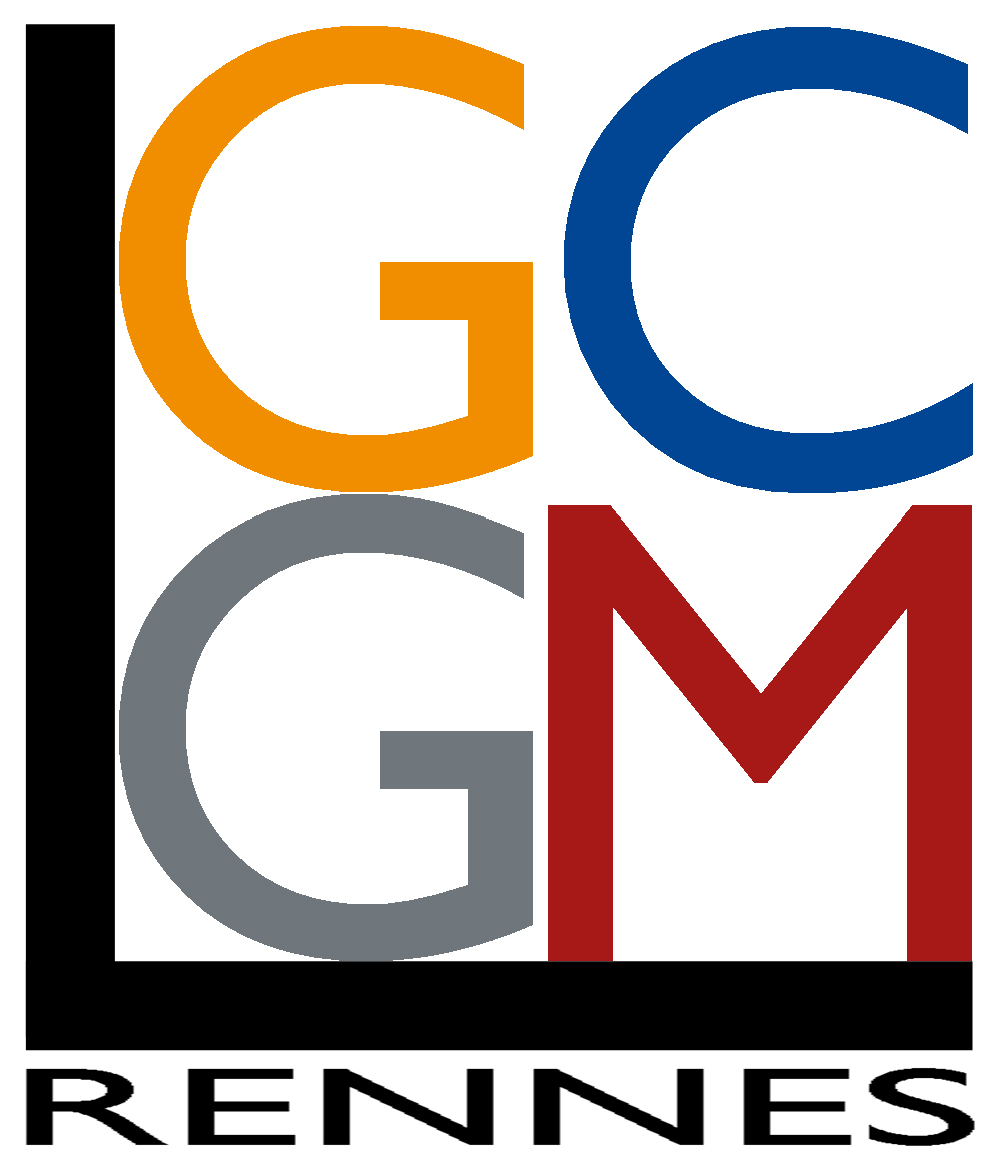Computational Framework concerning the Formulation of Maximum Work Principle used in Plasticity, Materials Forming and Tribology as a Consequence of a Variational Optimization Problem Defined from the Constructal Law
Résumé
This research work proposes a fundamental application of the Constructal Theory developed by Prof. Adrian BEJAN of Duke University (USA) to prove on a mathematical point of view the "Principle"of Maximum Work, used by the theory of plasticity, material forming and tribology, as a consequence of the global solution defining a constrained variational optimization problem. According to the first and second law of thermodynamics, the principal law of Constructal Theory try to complete them with a quantitative prediction of the natural tendency of any finite size system to evolve towards an optimal space-time configuration minimizing the losses and the entropy generation simultaneously with a required maximum of the global entropy. In this sense, regarding a material plastic deformation characterising the forming processes, among all possible and admissible flow undergoing well-specified boundary conditions and loadings, the real one is the one who minimizes the sum of the dissipated power of volume deformation and surfaces friction. Thus, all the mechanical variables defining the real mechanical state (velocities, stresses, strain and strain rate) are those ones which minimize the total dissipated power. A variational minimization problem under a lot of defined constraints is then obtained. Using the Principle of Virtual Powers it can be shown finally that the "Principle"of Maximum Work, used particularly in metals plasticity, is obtained as a consequence of a minimization problem under constraints based on the Constructal Theory. This generalizes its application to any type of continuous media (metals, polymers, fluid, mushy state) and allows proving an equivalent form for the friction stresses occurring on contact interfaces. The convexity properties of both the plastic and the friction potential together with their normal rule properties can be also proven using the proposed mathematical framework. It is concluded that only the rheological and tribological flow laws associated with a potential become to satisfy the second thermodynamics principle completed with the Constructal Law. Analytical computations concerning plane and cylindrical crushing show the feasibility of the proposed minimization problem formulation to define material flow giving accurate approximate solutions. In order to valid the whole presented theory, comparisons are made using classical analyses based on the upper and lower bound theorems (obtained as consequences of the proposed optimization variational problem), the well-known slices method and a finite element modelling (FEM). A second application concerning the anisotropic formulation of a Coulomb friction law from a quadratic convex tribologic potential will be presented to define contact evolution during rectilinear sliding of a circular pion on a plane laminated thick plate surface along different orientations. © Published under licence by IOP Publishing Ltd.
Origine : Fichiers éditeurs autorisés sur une archive ouverte
